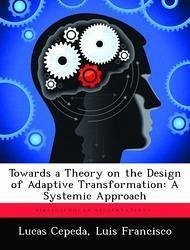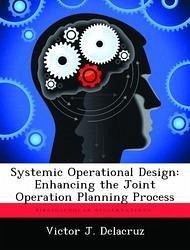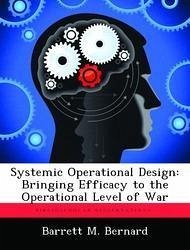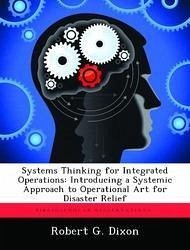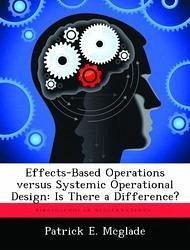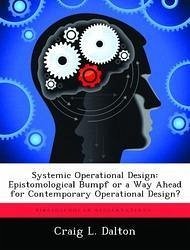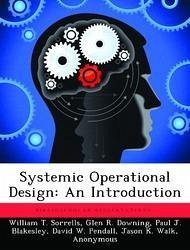
Producing Military Commanders: A Systemic Exploration of the Development Environment
Versandkostenfrei!
Versandfertig in über 4 Wochen
52,99 €
inkl. MwSt.

PAYBACK Punkte
26 °P sammeln!
The United States Army can improve the quality of the officer corps by enhancing the understanding of how field-grade commanders are developed. The Army has produced some of the finest leaders in history. The leaders produced have been possible due to an officer development process that the Army has carefully managed. Recently, concerns regarding the effects of operational tempo towards the future quality of commissioned officers have emerged. This study develops a model of the Army's officer development environment by applying systems and complexity theories to explore how future commanders d...
The United States Army can improve the quality of the officer corps by enhancing the understanding of how field-grade commanders are developed. The Army has produced some of the finest leaders in history. The leaders produced have been possible due to an officer development process that the Army has carefully managed. Recently, concerns regarding the effects of operational tempo towards the future quality of commissioned officers have emerged. This study develops a model of the Army's officer development environment by applying systems and complexity theories to explore how future commanders develop. This study analyzes the variables, perspectives, and existing practices of officer development that reveal the tendencies and tensions for a developing officer. Due to the complexity of an open "living" system, there are no centralized solutions for developing officers. This study identifies existing opportunities that reside in the current environment and do not require institutional change.



